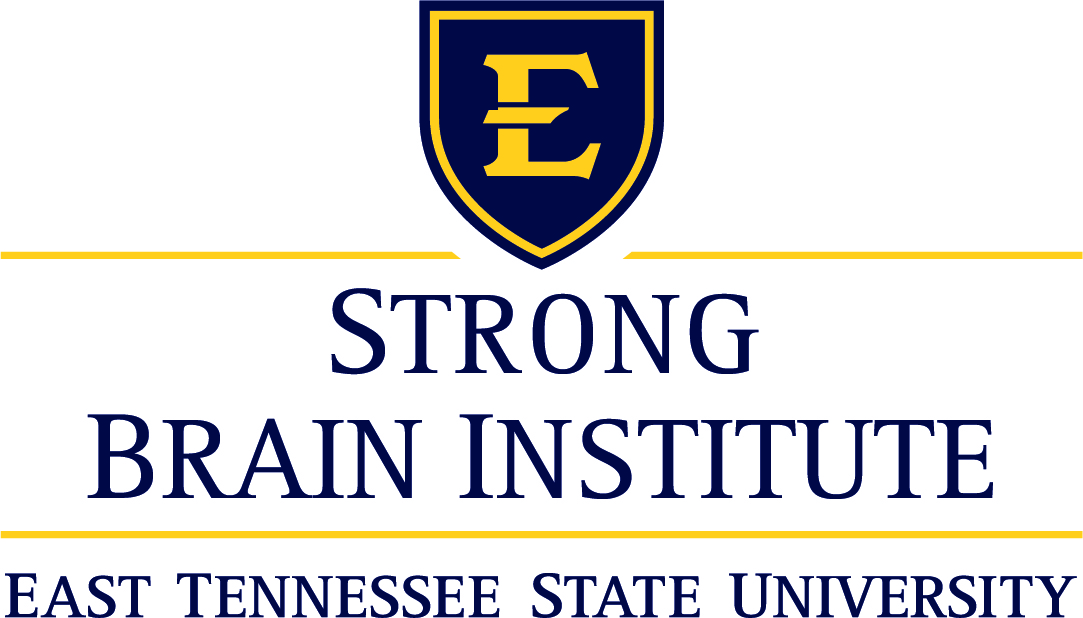Origins of the ETSU Ballad Health Strong BRAIN Institute,
By Dr. Wallace Dixon Jr. and the Strong BRAIN Institute.
The ETSU Ballad Health Strong BRAIN (Building Resilience through ACEs-Informed Networking)
Institute (SBI) was born of a perfect assemblage of many moving parts. As for my
part, in 2015, I was both an ETSU Presidential Fellow and a co-chair of the ETSU Strategic
Planning Committee. We had many discussions in the planning committee about how to
recognize ETSU’s unique presence in the Appalachian Highlands and we spent many days
brainstorming about how best to celebrate this role. At about the same time, ETSU
President Brian Noland sent me to Nashville as his designee to attend the first Building
Strong Brains Tennessee (BSBTN) Summit. The purpose of the summit was to bring together
stakeholders from multiple Tennessee sectors to address then Governor Bill Haslam’s
initiative to prevent and mitigate the negative impacts of adverse childhood experiences
(ACEs). A main goal of BSBTN was to infuse “trauma-informed” practices across the
state, across all sectors.
As a developmental psychologist, I had a great deal of experience conducting infancy
science, but none in preventing or mitigating childhood adversity. And as Head of
the Department of Psychology, I had administrative experience, but only with university
students and faculty, who are obviously not children. I kept attending BSBTN meetings,
and kept racking my brain for ways I could contribute.
One day the contribution I could make clicked. I could “trauma-inform” ETSU! Such
an effort would fulfill the vision of BSBTN while also addressing the strategic planning
committee’s objectives. The only problem was that I had no experience in trauma-informing
anything. Enter my psychology colleague Dr. Andrea Clements who was brought into this
arena through collaborations with Becky Haas, a community member who is now a core
member of the SBI. Dr. Clements was extremely knowledgeable about trauma-informing
agencies and organizations, and later won the Harold Love Outstanding Community Involvement
Award for her work. Enter another colleague, Dr. Michele Moser from the ETSU Center
of Excellence for Children in State Custody. She was extremely experienced with implementing
trauma-informed trainings statewide across child-serving agencies. We discussed next
steps and connected first with other faculty in the Department of Psychology, and
then soon added multiple other ETSU faculty who were engaged in the education and
science around adverse childhood experiences. These other leaders included Dr. Karen
Schetzina from ETSU Pediatrics, Dr. Megan Quinn from ETSU Public Health, Dr. Judy
McCook from ETSU Nursing, and Dr. Julia Bernard from ETSU Counseling and Human Services.
In addition, were Drs. Diana Morelen and Julia Dodd from ETSU Psychology, Dr. David
Roane from the ETSU Gatton College of Pharmacy, and Dr. Joe Bidwell from ETSU Biological
Science. Soon all of us (and others we found along the way) began meeting regularly
to chart a course for our common focus on preventing and mitigating ACEs.
We called ourselves the BRAIN Trust. We planned curricula and leadership development
trainings, identified the need for an Advisory Council composed of ACEs and mental
health champions from our community partners, and ultimately landed on the idea of
establishing an Institute.
Enter President Noland. From the outset of his tenure at ETSU, President Noland’s
professional mission had been to improve the lives of the citizens of the region.
We invited him to a couple of our meetings and pitched the idea of the SBI, emphasizing
what the SBI could mean for ETSU and the Appalachian Highlands. It was an immediate
sell. He solicited a white paper and a proposed operating budget from us, and we were
on our way.
Enter Ballad Health CEO Alan Levine. Unbeknownst to us, President Noland had strong
alliances with Mr. Levine, who was also dedicated to improving the lives of the citizens
of the region. Were I a fly on the wall, I could say more about what happened next.
But one minute the SBI was a twinkle in the BRAIN Trust’s eye, and the next minute
it was funded by a 5-year $1M dollar gift from Ballad Health. We couldn’t have been
more eager to being implementing the important work of the SBI.
Then came COVID-19, arriving at about the same time as the first installment of the
Ballad gift. The world went on hold. ETSU shut-down. BRAIN Trust meetings went online.
The work of the SBI became 5 times harder. Yet we persisted. Our mission was that
important.
The first executive decision was to form two “teams,” a Curricular Team and an Institutional
Team. Through the auspices of the Curricular Team, we are focusing on establishing
certificate training programs and developing models for infusing ACEs content into
higher education. The work of the Institutional Team is a much heavier lift. Its
objective is to devise the means to “trauma-inform” the entirety of ETSU, without
any guidelines or blueprints to go by. To our knowledge, other university in the
nation has attempted such a feat. So, the SBI must rely on the ingenuity of its deeply-talented
members for identifying best practices and evidence-based approaches for engaging
in large-scale cultural transformation. It is exciting that every action-step the
SBI takes is precedent-setting. Fortunately, another executive decision was to establish
an Advisory Council comprised of area leaders from multiple sectors across Tennessee
and Virginia that could guide us along the way. These allies were well-known throughout
their respective sectors as champions of efforts to prevent and mitigate the negative
impacts of ACEs.
As the SBI implements its multi-pronged mission, which we anticipate will soon include
a Consultation Team to lend our expertise to community stakeholders, look to these
pages for updates on our progress. Also keep your eyes peeled for upcoming SBI Town
Halls, training opportunities, and podcasts. We want to meet you and hear from you.
We cannot make an impact without the buy-in and participation of our institutional
and community partners. You can reach out to us and learn more about the SBI at http://strongbraininstitute.org.
